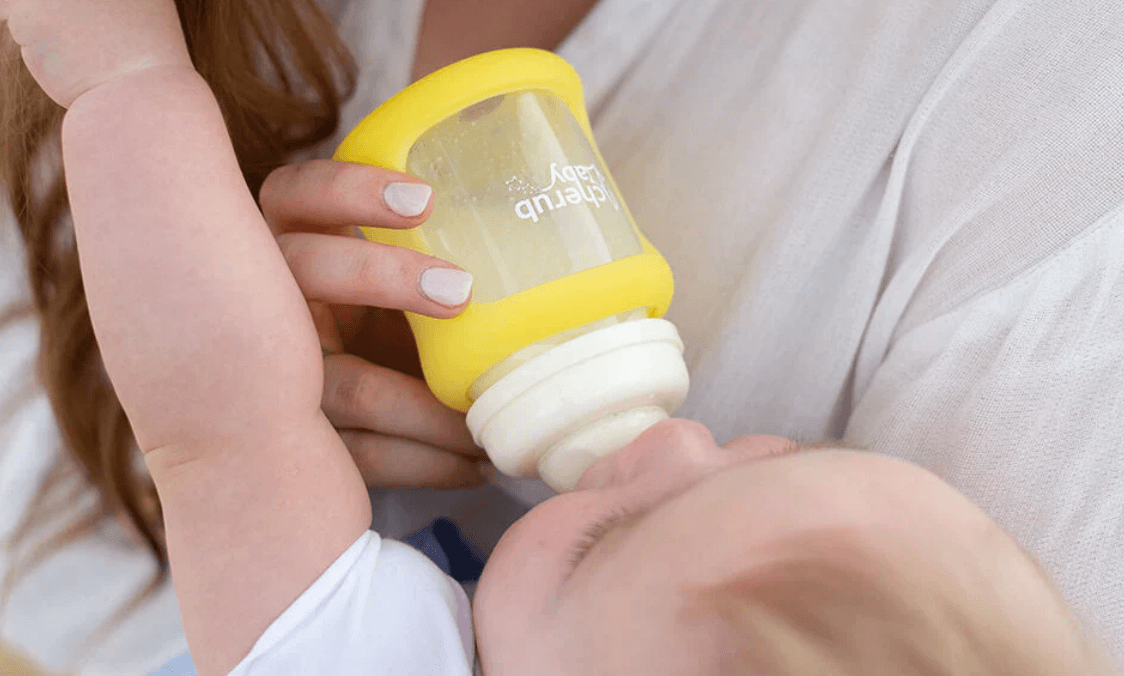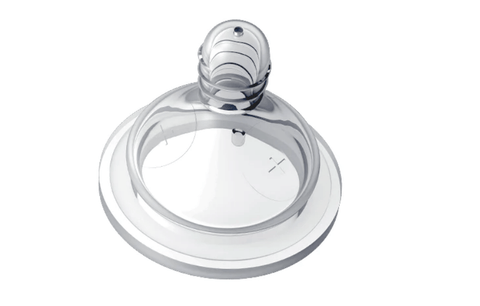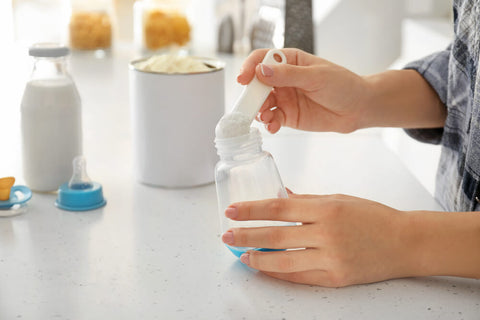Nourishing Your Young Baby: A Guide to Bottle Feeding

Transitioning from breastfeeding to bottle feeding is a significant milestone in your baby's journey, and it's natural to have questions and uncertainties as you navigate this transition. While breastfeeding is often the preferred method, various circumstances may necessitate bottle feeding, whether due to hospital stays, returning to work, or other reasons. Understanding the ins and outs of bottle feeding can help ensure a smooth and nurturing experience for both you and your little one.
Understanding Bottle Feeding
Bottle feeding simply means nourishing your baby from a bottle instead of directly breastfeeding. This method allows flexibility in feeding arrangements, whether it's in a daycare setting or when you're not available for direct feeding. You can opt to bottle feed your baby with expressed breast milk or baby formula, the latter being the recommended alternative to breast milk.
The Bottle Feeding Process
Bottle feeding may seem straightforward, but creating a comfortable and nurturing environment is key. Ensure both you and your baby are in a relaxed position, promoting a sense of security and closeness during feeding. Position your baby slightly upright to aid in burping and prevent air bubbles during feeding. Gently introduce the bottle nipple to your baby's lips, allowing them to naturally latch and start sucking. Remember to burp your baby midway through the feeding and consider switching sides to encourage balanced development.
Choosing the Right Equipment
As your baby grows, their feeding needs evolve as well. Start with slow-flow teats for newborns and gradually transition to faster-flow options as your baby becomes more accustomed to bottle feeding. Opting for BPA-free and anti-colic teats ensures a comfortable and safe feeding experience for your little one. When it comes to bottle materials, glass offers a non-toxic and easy-to-clean option, providing peace of mind for parents concerned about chemical exposure.
Feeding Patterns and Formula Selection
Every baby has a unique feeding pattern, and it's essential to follow their cues rather than sticking to rigid schedules. Trust your instincts and respond to your baby's hunger signals, whether they occur every 3 to 4 hours or on-demand. When choosing formula, consult with your pediatrician to select the best option for your baby's specific needs. Opt for iron-fortified formulas to support healthy development and consider factors like affordability and suitability for your baby's dietary requirements.
Potential Risks and Benefits
While bottle feeding offers convenience, it's essential to be aware of potential risks, such as increased risk of ear infections, choking hazards, and tooth decay if feeding in bed. Being mindful of feeding practices can mitigate these risks and promote a safe feeding environment for your baby. Additionally, while breastfeeding offers numerous benefits for both babies and mothers, bottle feeding can still provide a nurturing and bonding experience between caregivers and babies.
Embracing the Journey
Transitioning to bottle feeding is a significant step for both you and your baby, but with patience, preparation, and the right support, it can be a positive experience. Trust in your instincts as a parent, seek guidance when needed, and cherish the moments of closeness and nourishment with your little one. Remember, every baby is unique, and finding what works best for your family is key to fostering a nurturing feeding routine.
Conclusion: Embracing the Journey
As you embark on the journey of bottle feeding, remember that you're not alone. Trust in your ability to provide the best care for your baby, and don't hesitate to reach out for support and guidance along the way. With a nurturing and informed approach, bottle feeding can be a rewarding experience, strengthening the bond between you and your little one. Embrace this journey with confidence, knowing that you're providing your baby with the love, care, and nourishment they need to thrive.

Explore the range of Cherub Baby products, including BPA-free teats and glass bottles, to support your bottle feeding journey with peace of mind.




